
Are you allowed to express your opinion?
Dear readers,
How worried are you about your right to speak freely and freedom of expression as a whole?
Whether in the context of social media and hate speech or the increasing autocratisation across the globe or the Covid-19 pandemic, people are taking to the streets to demonstrate for their freedom of expression, wherever they can. We are also seeing this in Switzerland. This worldwide debate is setting the course for the future, and nothing less than democracy, human rights, freedom and education are at stake. This is why we are convinced that this issue deserves our attention as well as yours.
We would like to explore what freedom of expression means and initiate a dialogue that reaches beyond Swiss borders. This newsletter provides an overview of all the articles we have published on the topic over the past three months. You can read more by clicking on the links at the bottom of this letter but you can already join the discussion with us and fellow readers today:
More
We realize that we are sending this letter comfortably from Switzerland. In this country, freedom of expression is a legally protected right. Even though in theory no one is prevented from expressing their opinion here, things are shifting. Freedom of expression is also under stress in several other democratic countries.
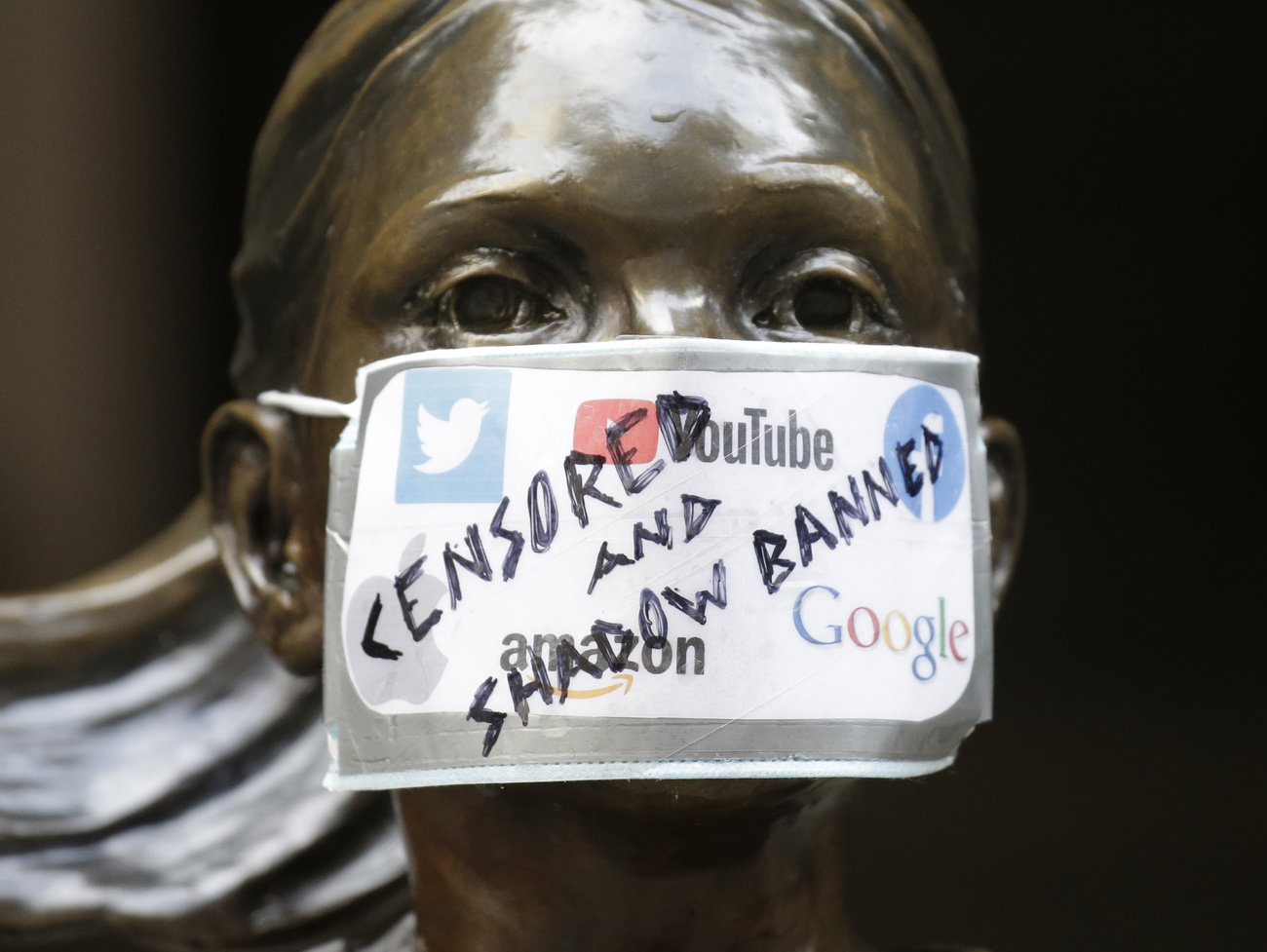
Freedom of expression under pressure
We are at a critical crossroads. Sixty-eight percent of the global population live in autocratic regimes in 87 countries. To learn more, read the analysis by Yanina Welp, a researcher at the Albert Hirschman Centre on Democracy in Geneva. She looks at a worrying trend where democracies are declining or morphing into autocracies in several G20 nations, including Brazil and India. It is surprising to see at the forefront of this autocratisation a European country like Poland.
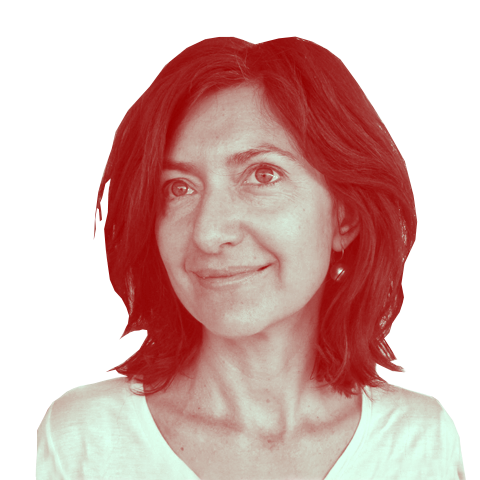
More
Freedom of expression: universal, but not absolute
Welp states in her research that the emergence of populism is a symptom of exhaustion. This comes from structural inequalities in many countries as well as growing racism, which is often seen as the scapegoat for inequalities.
Another article that looks at the global limits of freedom of expression is by our democracy expert Bruno Kaufmann:
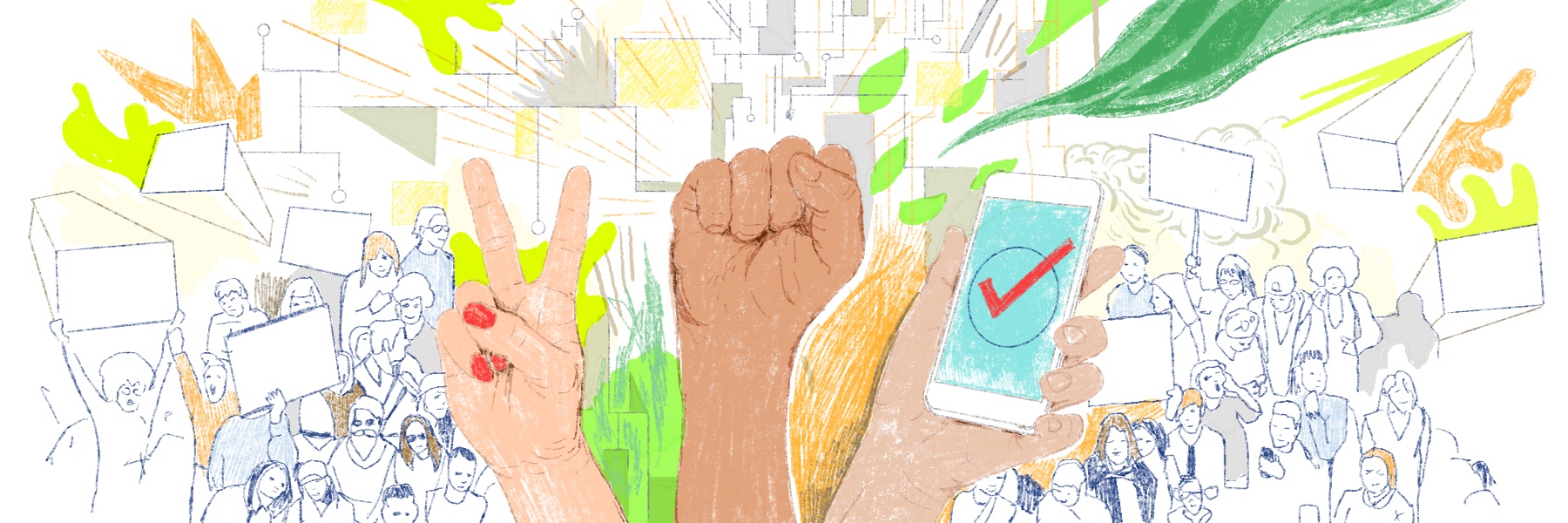
More
A global stress test for freedom of expression
Covid-19 and the debate around dictatorship
During the Covid-19 crisis, the federal government heavily interfered with Switzerland’s basic rights. Is our country at risk of becoming a dictatorship? This astonishing debate dominated Swiss politics this spring.
Parliament converted the emergency Covid-19 measures into ordinary law – the so-called Covid-19 Act, which the Swiss people voted on in mid-June 2021. The referendum was a unique move in terms of Covid-19 legislation, and a good 60% voted in favour of it. “In Switzerland, citizens are increasingly being called to the ballot box to decide on what counts as acceptable expression. It’s a demanding balancing act,” writes Bruno Kaufmann.
Further reading on freedom of expression
What is the definition of freedom of expression, and which aspects of it are being threatened? The Covid-19 pandemic is only one example of how freedom of expression can be challenged. Other ones that are a threat are fake news, hate speech and discrimination found all over the internet.
SWI swissinfo’s journalist Jonas Glatthard interviewed Taiwan’s digital minister Audrey Tang and asked him how social media could become social. Should private companies be responsible for monitoring unacceptable speech, and where exactly is the boundary between hate speech and freedom of expression? Controlling freedom of expression has become a major question of power.
In How white collar criminals try to silence the press, some 30 non-governmental organisations warn that attempts to pressure and censor a financially fragile media threaten free speech, Samuel Jaberg reports.
Inequality and racism drive the rise of populist leaders all over the world and social inequality endangers democracies. This article from Geneva can be read at Visible and invisible inequalities.
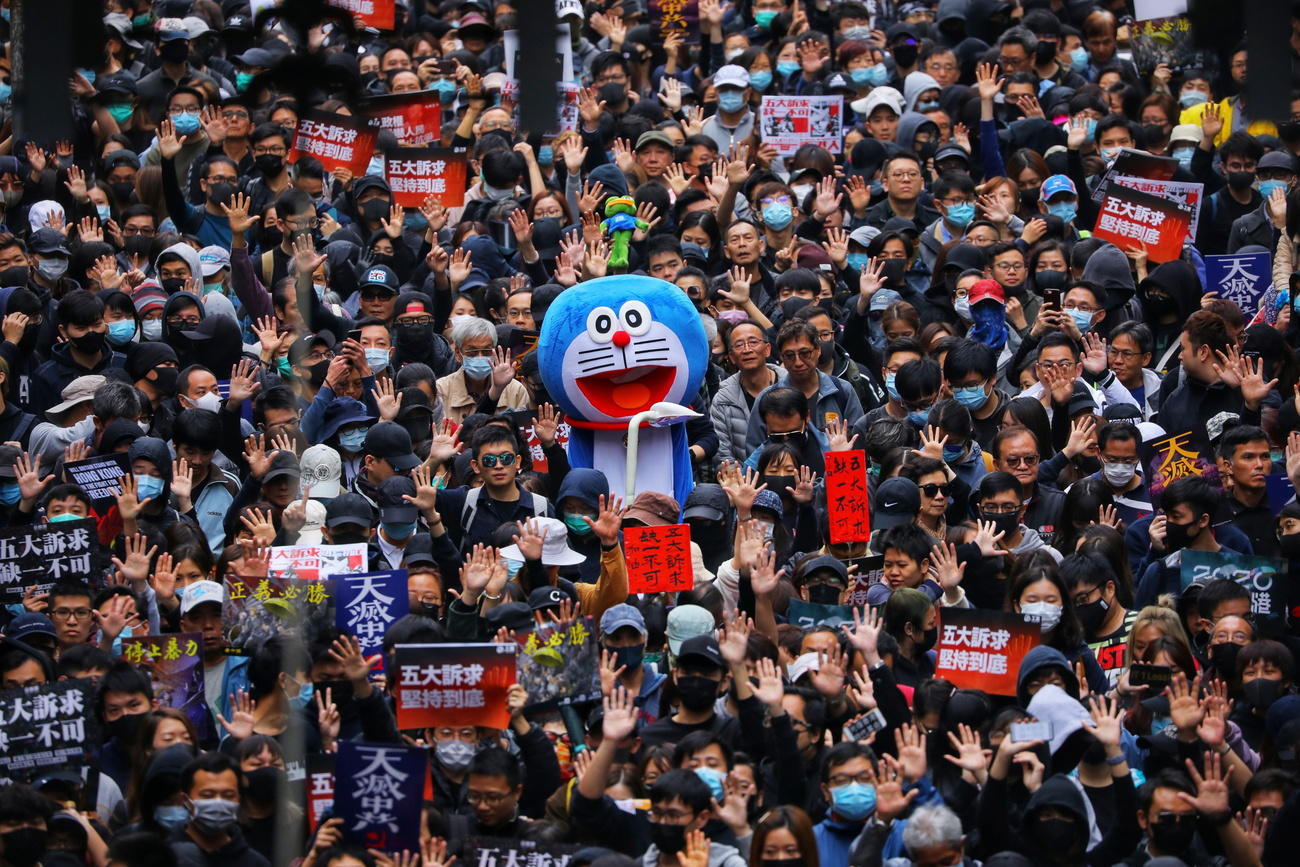
Make your voice heard
There are heated debates on the limits of freedom of expression in our societies. On the positive side, those who hardly had a voice are now being heard. They have gained more freedom to express themselves while others feel their freedom of expression has been massively curtailed.
People are becoming increasingly insecure about what they are allowed to say and what they are not, and this uncertainty can be easily used as a political instrument. The phrases “politically correct” and “freedom of expression” have both become political bones of contention impeding useful discussion and splitting society creating the potential for misunderstanding and radicalisation.
Stay tuned, make your voice heard and join our discussion! Remember, if there is no place to question established opinions, then we do not have a democracy.
Warm regards from a sunny Bern,
Larissa M. Bieler

In compliance with the JTI standards
More: SWI swissinfo.ch certified by the Journalism Trust Initiative

























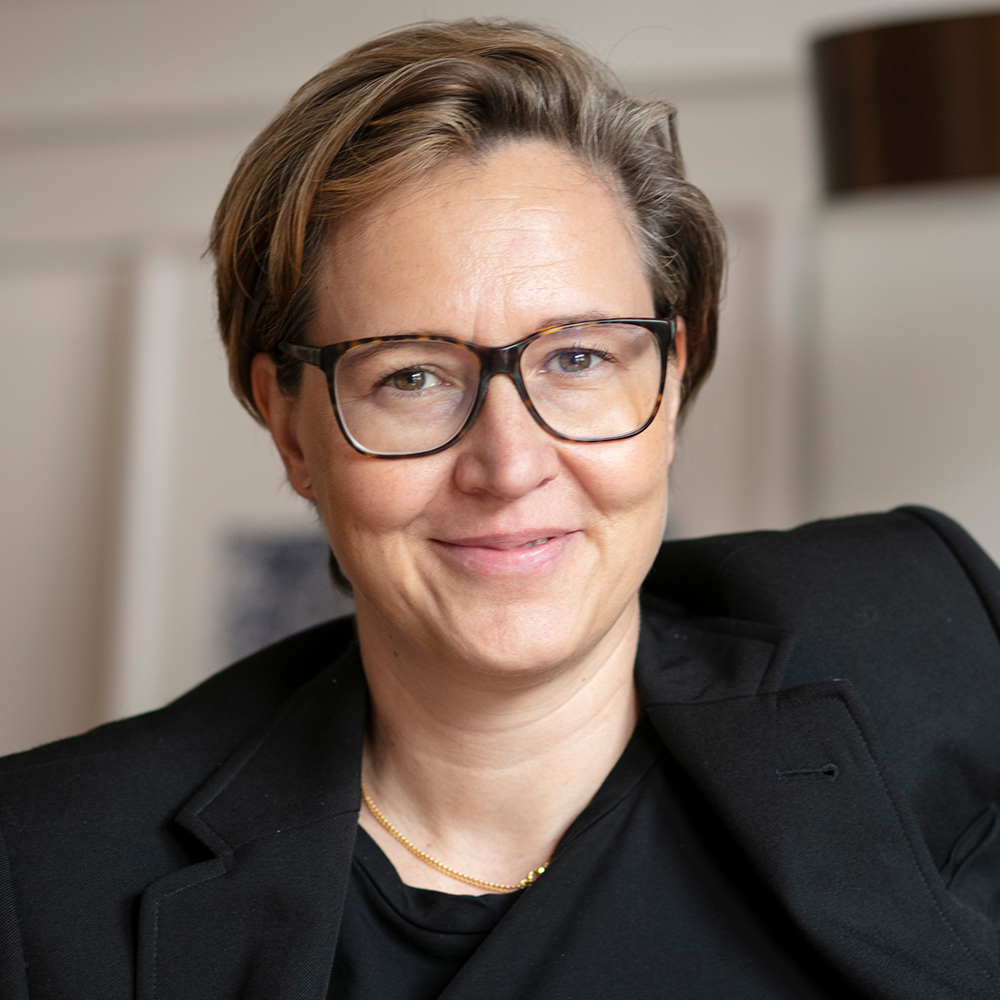


Join the conversation!